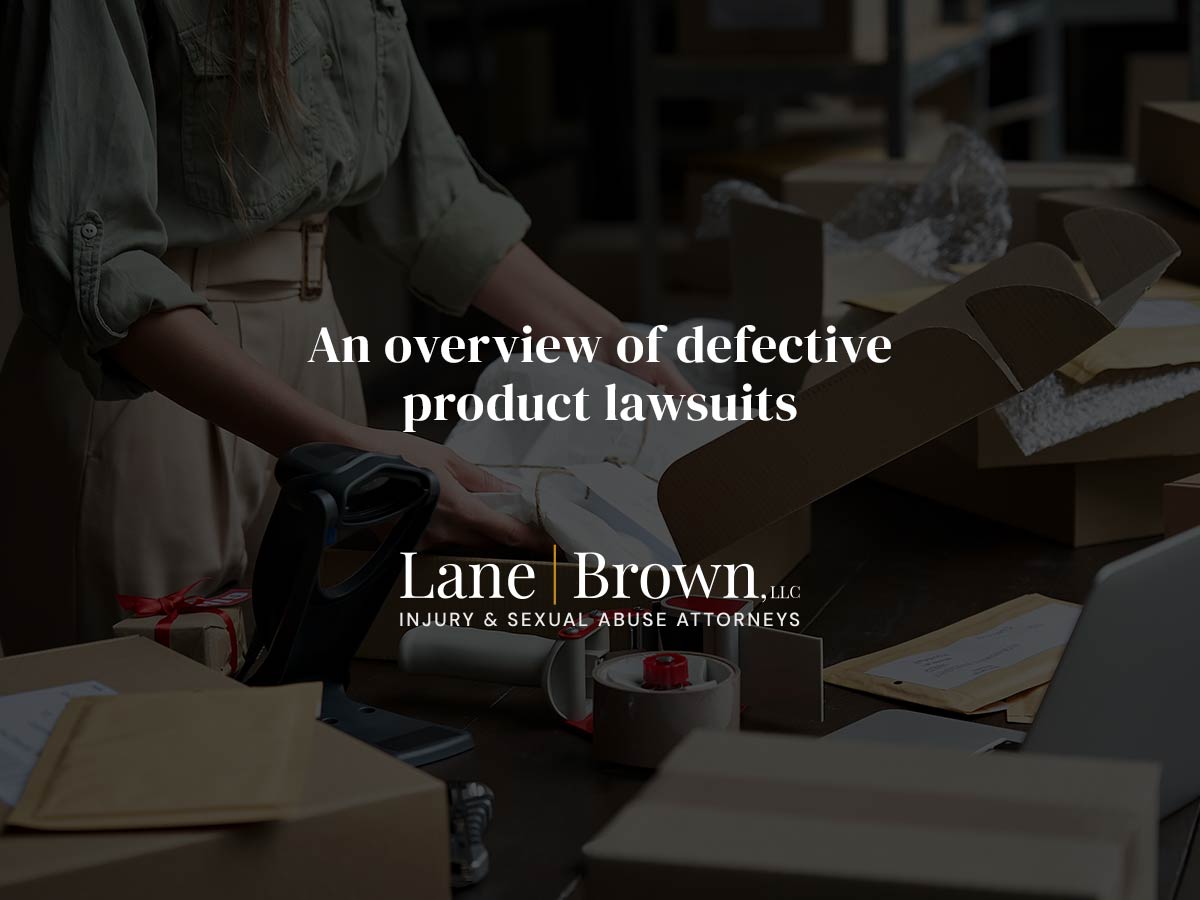If you’ve been injured through the use of a defective product, you may have a strong case to collect damages as a result. Although laws vary by state, a manufacturer or a seller of a product is liable if the product is deemed unreasonably dangerous and results in injury to its users.
A product can be classified as defective in three possible ways:
Design defect – This is when the product, from the start, is defective and dangerous. Cigarettes are a good example of this kind of defect.
Manufacturing defect – This occurs when a product is designed in a safe way, but an error took place as the product was manufactured, producing a defect.
Marketing defect – As the name implies, this type of product liability takes place when there are false or misleading advertising claims, or product instructions are false or misleading. A medical device or a prescription drug that fails to disclose usage warnings is an example of this kind of defect.
When you retain the services of a defective product lawyer, he or she will be able to seek compensation on your behalf in four different ways:
Lost wages – If you miss time at work due to being injured by a product, or if you have to go to doctor’s appointments after the fact, or if you are incapacitated on an ongoing basis, you can seek compensation for all of these issues.
Medical bills – This will include costs you have already incurred as well as any medical expenses in the future.
Pain and suffering – This is the part of compensation that is the most difficult to put a dollar figure on. But you are entitled to seek payment for all physical discomforts and other negative effects due to a defective product.
Emotional distress – This deals more with the psychological aspects related to a defective product and includes suffering from anxiety, sleeplessness, depression, stress and other related maladies.
The Law Offices of Lane Brown proudly serve the city of Chicago and the surrounding communities.

